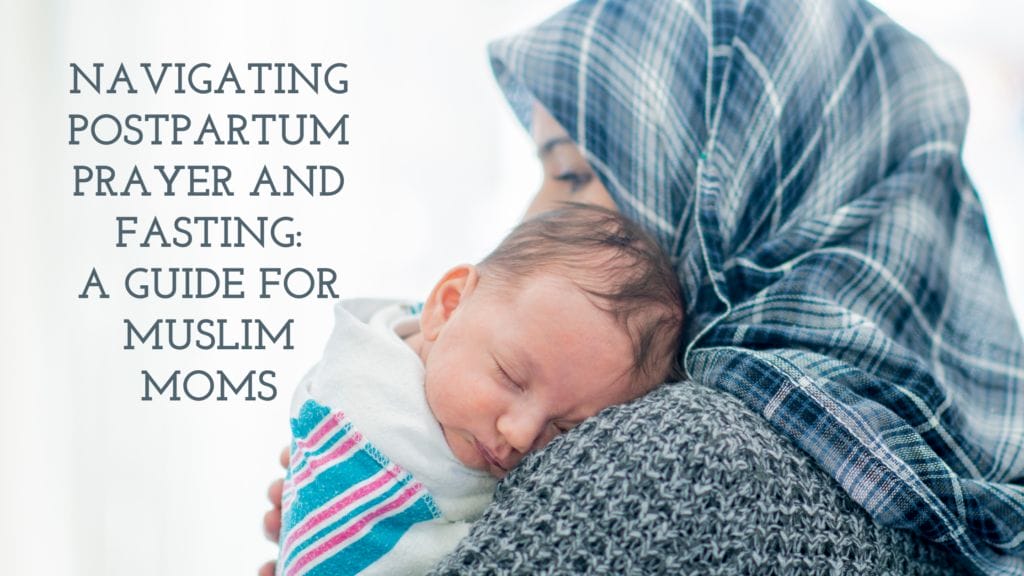
Navigating Postpartum Prayer and Fasting: A Guide for Muslim Moms 🌸
Assalamu alaykum warahmatul lahi wabarakatuh, dear sisters!
Motherhood is a beautiful journey, but it comes with its own set of challenges, especially when it comes to navigating the postpartum period. One of the questions that often pops up is about postpartum prayer and fasting (meaning, after childbirth). Let’s break it down together, shall we? 😊
Understanding Nifas (Postpartum Bleeding)
After giving birth, the blood that comes out is called Nifas. During this time, you’re not required to pray or fast, and your husband should refrain from, ahem… you-know-what with you until you become pure from Nifas. This period typically lasts up to 40 days, but it can vary.
Postpartum Prayer? What If the Bleeding Stops Early?
If you notice that your bleeding stops before 40 days, don’t worry—you’re on the right track! You should perform Ghusl (the full-body ritual purification) and resume praying and fasting. Yes, you can also be “ahem-ahem” with your husband. There’s no minimum time for Nifas; it could be just a few days. Once you’re pure, you’re good to go! 🌷
What About Bleeding After 40 Days?
Here’s where it gets a bit more interesting. If you still see some bleeding after 40 days, most scholars agree that it’s no longer Nifas. Instead, it’s considered irregular bleeding (Istihadah). You should perform Ghusl and continue praying and fasting as usual. From what I’ve researched, it seems that if this bleeding aligns with your usual menstrual cycle, then it’s treated as menstruation (but, to be honest, I don’t know how that can be figured out).
The 40-Day Tradition
Many sisters might have heard of the tradition of refraining from prayer for 40 days. While this is a common practice, it’s essential to remember that if you become pure before 40 days, you should perform Ghusl and resume your regular worship activities. Let’s not forget how Islam offers flexibility and ease during this time – the kind of flexibility and ease not all humans are willing to offer. 🌼
Going Out During Nifas
A quick note on going out: There’s a misconception that women should stay indoors for the entire 40-day period after childbirth. This isn’t required in Islam! You’re free to go out, provided you adhere to the proper Islamic guidelines, like wearing hijab.
Making Up Missed Prayers
If you became pure early but didn’t realize you needed to resume praying, don’t stress! You can make up the missed prayers. Simply offer the five daily prayers for each day you missed until you’re caught up.
Final Thoughts
Remember, every woman’s experience with Nifas is unique. The most important thing is to listen to your body and follow the guidelines that align with your situation. Islam is a religion of ease, and there’s always room for compassion and understanding in these matters – as you’ve seen in all these rulings. 🌸
If you’re going through postpartum, use this time to continue nurturing your soul. May Allah make this time easy for you and bless you with health and happiness as you embark/continue on this beautiful journey of motherhood.
With love and dua,
Your sister in Islam 🌷



